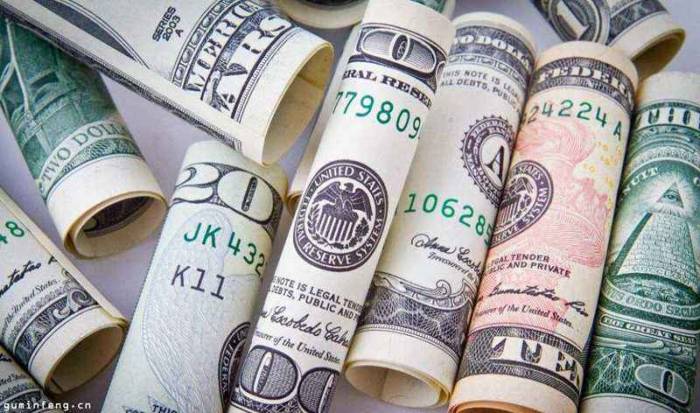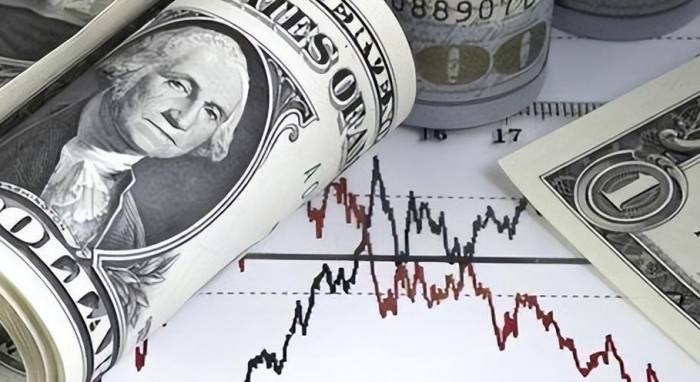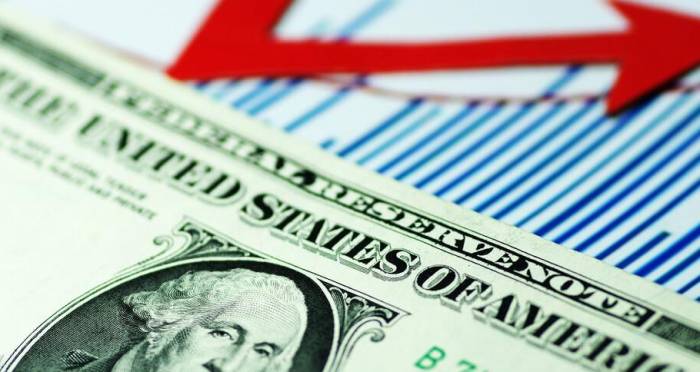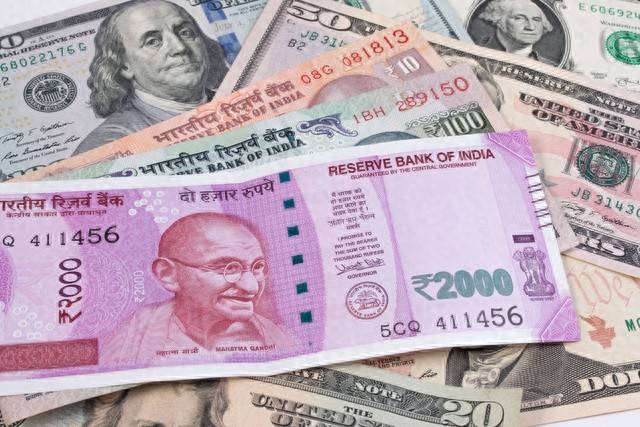Located in the eastern part of China, Yiwu has garnered a reputation as a bustling hub for commerce and trade, transforming itself into a city known for its vibrant market scenes and goods that appeal to both national and international consumers. The city's evolution from bartering items like feathers for candy in its modest beginnings to hosting a sprawling marketplace with a plethora of products exemplifies an entrepreneurial spirit that drives its growth.Yiwu is particularly notable for its ability to capture the pulse of consumer trends globally. This city acts as a barometer for what’s in vogue, drawing the attention of numerous international brands and retailers eager to tap into the latest market insights. As trends shift rapidly, Yiwu remains at the forefront, providing insight that extends beyond mere commerce; it shapes consumer behaviors and dictates purchasing patterns on a worldwide scale.The city's significance, however, transcends its economic stature. Recent reports indicate that over the last year alone, Yiwu has become a magnet for tourism, indicating a growing interest not just in its commercial prowess but also in its local culture and experiences. This year, during the National Day Holiday, Yiwu welcomed approximately 2.33 million tourists, marking an astonishing 79% increase from the previous year. This surge reflects a hunger for unique experiences that blend shopping with cultural exploration.The merchants of Yiwu have caught onto this trend, responding vigorously to the influx of visitors. From street vendors to expansive storefronts within the Yiwu International Trade City, prospective shoppers are often greeted with an array of goods that cater not only to local tastes but also to global markets. Products range from the everyday needs to specialty items, with a notable emphasis on affordability, making Yiwu an enticing destination for those seeking unique finds at bargain prices.Particularly striking is the shift in the value of retail spaces within Yiwu. As demand has soared, so too have prices. For instance, a stall that may have been worth 8 million yuan in 2022, has reportedly climbed to 12 million yuan by mid-2023. Business owners, including the next-generation entrepreneurs like Li Ming, observed that while the cost of doing business in Yiwu has gone up due to increased production costs, the desire for stalls within the trade city remains strong, often leading to competitive bidding that surpasses initial asking prices.This uptick in stall values demonstrates not just the economic vitality of Yiwu, but also the phenomenon of the "shopping travel" experience, particularly among younger generations. Many now view their trips to Yiwu as an opportunity to “shop till they drop,” blending leisure travel with a shopping spree. The rise of influencers and social media has played a significant role in drawing attention to Yiwu, creating a perfect storm of interests where travelers are set on finding unique items that cannot be readily found elsewhere.One traveler's experience exemplifies this trend. Lu Yao, a young woman from Beijing, recently visited Yiwu with her friends, primarily to indulge in her passion for collecting artisan bracelets. Armed with knowledge from social media about Yiwu being the hub for such products, she was eager to explore what the marketplace had to offer. To her delight, not only did she uncover a multitude of stylish and unique bracelets, but she also amassed a collection that she proudly shared with friends back home. The notion of returning from travel with one-of-a-kind pieces has become more appealing than traditional tourist souvenirs.Those who venture into Yiwu's markets often discover that the experience is about more than just shopping; it's about engaging with the lively marketplace atmosphere that invites exploration and discovery. Many stalls teem with people, each on a quest for the next big find, be it cute stationery, household items, or trendy apparel. It is a destination where the thrill of the hunt and the joy of finding the perfect item are intertwined.This bustling trade city has also adapted to accommodate new trends such as engaging with the rising tide of influencers and e-commerce. Many retailers have recognized the potential of collaborating with online personalities, enabling them to reach broader audiences as they promote their finds on social media platforms. The merchandise sought after often features brand collaborations with popular culture icons, ensuring that Yiwu remains relevant by connecting consumers with the brands they cherish.The marketplace not only houses generic products but also a plethora of officially licensed merchandise that attracts fans of various franchises, from Hello Kitty to Crayon Shin-chan. These products, often sold at wholesale prices, offer affordability that cannot be matched by typical retail outlets, further reinforcing Yiwu's status as a shopping paradise. Customers frequently pool their purchases together to meet minimum order quantities, highlighting the vibrant community of shoppers that Yiwu attracts.Yiwu's position as a global trendsetter is deeply rooted in its unique commercial culture. Local merchants possess an acute sense of market awareness; they are accustomed to navigating dynamic business landscapes and adapting swiftly to changing consumer preferences. This adaptability is showcased through various success stories of businesses that thrive by tuning into international markets and emerging trends. For instance, a pet store owner in Yiwu, after discovering the burgeoning pet ownership rates in South Korea, quickly pivoted to design a pet carrier that catered to this niche market. By combining aesthetic appeal with practical functionality, her product became a hit, reinforcing Yiwu's competitive edge.Moreover, the resilience and transformative nature of Yiwu's business environment highlight an entrepreneurial ecosystem ready to tackle challenges head-on. Even in the face of rising competition from other regions within China, Yiwu continues to forge ahead, showcasing a commitment to innovation and customer satisfaction. Businesses are not solely resting on their laurels; they are actively seeking new channels for growth—whether through e-commerce partnerships or by cultivating niche markets that resonate with global consumers.As Yiwu steers forward, it embodies a unique amalgamation of commerce and culture, where shopping intersects with travel and experience. The vibrancy of the marketplace is matched only by the zeal of those seeking to explore its treasures, making Yiwu not just a trade center, but a bustling destination where commerce thrives in tandem with cultural exchange. This blend encapsulates the essence of Yiwu, where the future promises to be as dynamic as its past, solidifying its role as a central player in the global economy.






























Leave a Comment